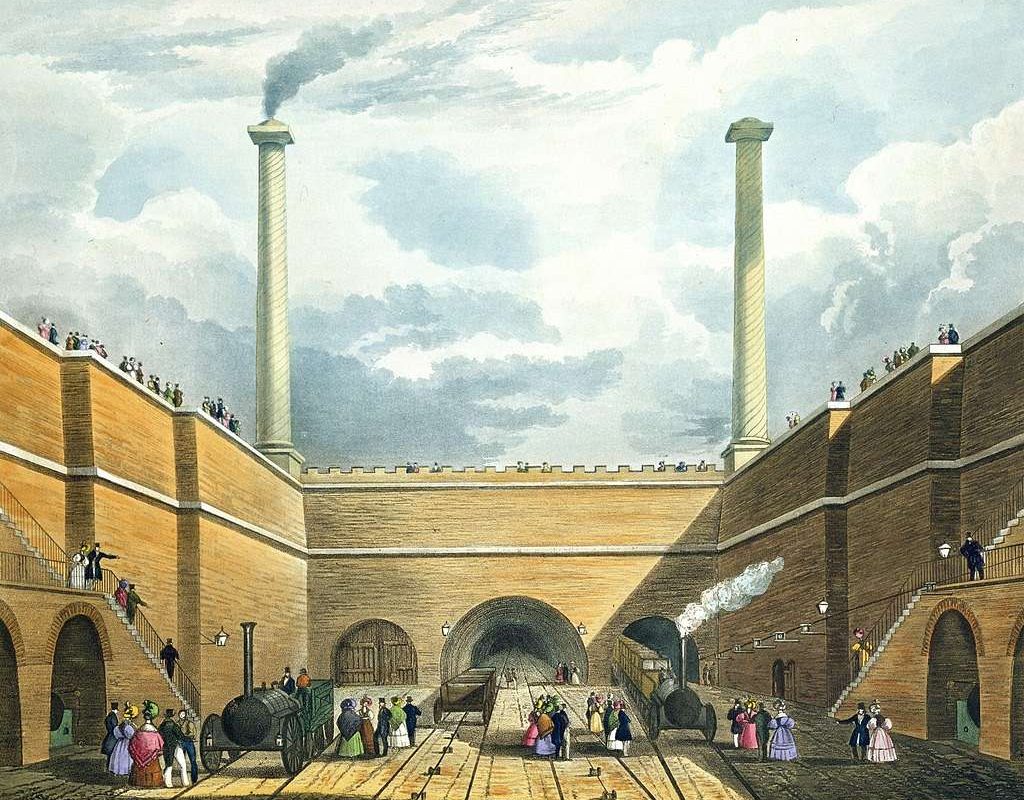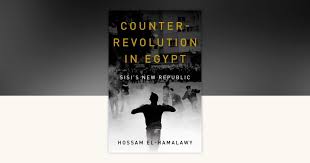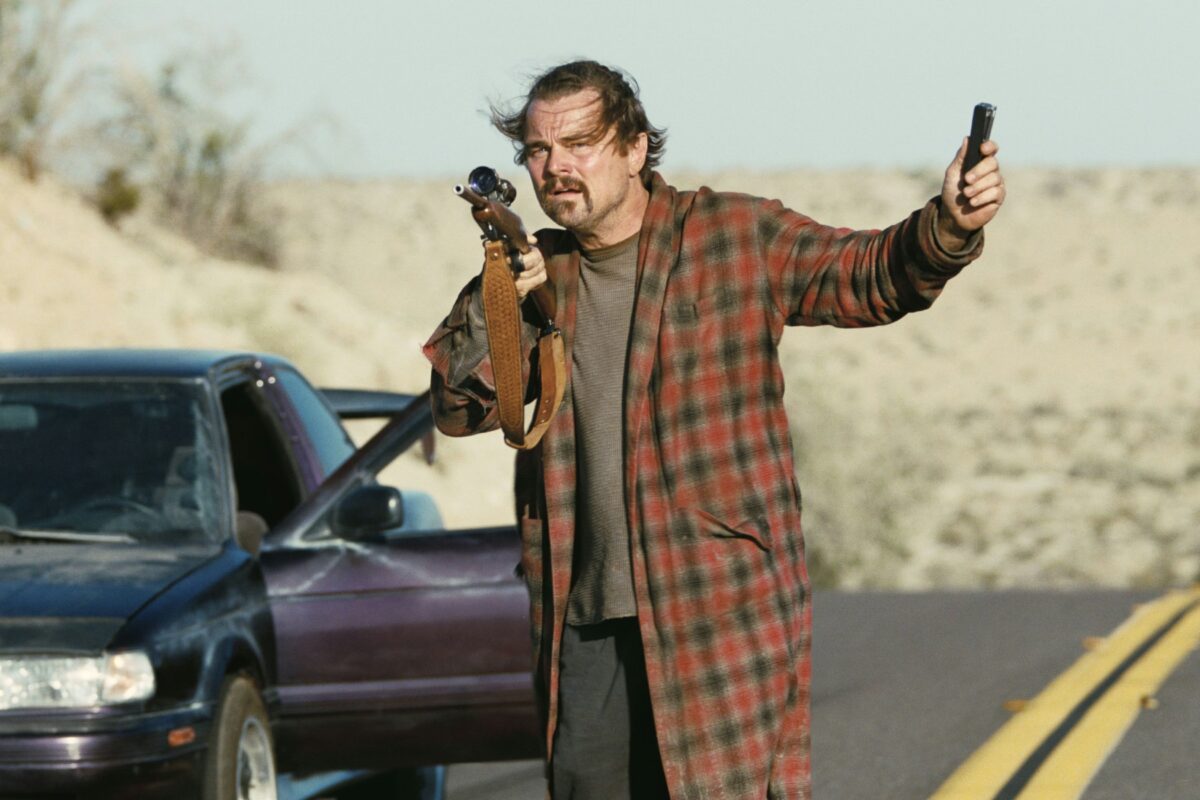Rebellious Daughters of History #33
by Jack Robertson (guest contribution) and ,,Judy Cox

Red Clydeside Rent Strike Leader: Mary Barbour
Mary Barbour was born in the Renfrewshire village of Kilbarchan in 1875, daughter and third child of seven to James Rough, a carpet weaver, and his wife, Jane Gavin. Mary left school at the age of 14 and went to work as a thread twister and then carpet printer.
After her marriage to engineering worker, David Barbour, the couple settled in Govan where she became an active member of the ‘Kinning Park Co-Operative Guild’, the first to be established in Scotland. She also joined the Independent Labour Party and took part in the Socialist Sunday School.
By the outbreak of the First World War, Glasgow was a centre of the munitions industry. Discontent grew among the workers and led to widespread strike action in the engineering industry, much of it involving women and unskilled labour.
The trigger for what became known as Red Clydeside was a strike involving women workers at the Singer sewing machines factory in Clydebank, when the workforce of 11,000 came out in solidarity with 12 female colleagues in March 1911.
Housing conditions is Glasgow at the time were appalling. Writing about what he called Glasgow’s Housing Disgrace, one of the leaders of the First Shop Stewards’ Movement on Clydeside, Harry McShane, wrote that
‘thousands of families are denied a decent home life…in some houses, three, four and five persons share the same bed…the houses in which they live are rat infested…young people living in old, dilapidated properties cannot tell their friends where they live’.
When Glasgow landlords, or factors, tried to impose huge rent increases at the same time as young men of fighting age were being sent to fight in France, Mary Barbour was instrumental in forming the ‘South Govan Women’s Housing Association’. She was then a working class housewife with two sons and her husband was employed in the shipyards. The Govan organising committee prevented evictions, blocking the entrance to tenement blocks and the hounding of Sherriff’s Officers.
In his memoir, ‘Revolt on the Clyde’, the Clydeside MP, Willie Gallagher wrote: ‘Street meetings, back-court meetings, drums, bells, trumpets – every method was used to bring the women out and organise them for the struggle. Notices were printed by the thousand and put up in windows: wherever you went you could see them. In street after street, scarcely a window without one: “We Are Not Paying Increased Rent”.
Rent strikes soon spread to the entire Clydeside area and culminated, in November 1915, with one of the biggest demonstrations in Glasgow’s political history. Thousands of women and thousands of shipyard and engineering workers paraded to the Sheriff’s Court “where the demonstration was near riot proportions”. The protestors became known as ‘Mary Barbour’s Army’ and included other leading women fighters such as Agnes Dollan, Helen Crawfurd, Mary Laird and Mary Jeff.
Mary Barbour became a founding member of the ‘Women’s Peace Crusade’, which campaigned for a negotiated settlement to World War 1. Later she stood as a Labour candidate for the Fairfield ward in Govan and became one of the first women councillors elected to Glasgow Town Council.
In March 2018, after a long battle, a statue commemorating Mary Barbour was unveiled at Govan Cross in Glasgow. Her image also forms part of the commemorative mural displayed on the west side of the Clutha Bar, the site of the helicopter crash in 2013.

Black revolutionary: Angela Davis (1944- )
Angela was born in Birmingham, Alabama, in the “Dynamite Hill” neighborhood, by the where houses were bombed to drive out middle-class blacks. Her mother, Sallye Bell Davis, was a leading organizer of the ‘Southern Negro Youth Congress’, which was influenced by the Communist Party.
As a Girl Scout, she marched and picketed to protest racial segregation in Birmingham and joined a communist youth movement.
She studied French at Brandeis University and she was in Biarritz when she learned of the 1963 Birmingham church bombing by the Ku Klux Klan, in which four black girls were killed. She knew one of the victims.
Angela studied philosophy at the University of Frankfurt in West Germany under the Marxist philosopher Herbert Marcuse, later recalling that, “Herbert Marcuse taught me that it was possible to be an academic, an activist, a scholar, and a revolutionary”.
Back in the U.S., Angela studied at the University of California before moving to East Germany, where she gained a doctorate at the Humboldt University of Berlin.
Back in the U.S., she joined the Communist Party and was active in the women’s movement, the Black Panther Party, and the campaign against the Vietnam War. In 1969, she told a meeting:
“We are facing a common enemy and that enemy is Yankee Imperialism, which is killing us both here and abroad. Now I think anyone who would try to separate those struggles, anyone who would say that in order to consolidate an anti-war movement, we have to leave all of these other outlying issues out of the picture, is playing right into the hands of the enemy.”
In 1969 she was fired as acting assistant professor of philosophy at the University of California (UCLA) due to her Communist Party membership. A court ruled this illegal, so the university fired her again, for using inflammatory language. The report stated, “We deem particularly offensive her repeated characterizations of the police as ‘pigs'”.
Davis supported the Soledad Brothers, three inmates who were accused of killing a prison guard at Soledad Prison.
In 1970, firearms registered to Davis were used in an armed takeover of a courtroom in California. The teenage brother of a Soledad prisoner, George Jackson, led the raid but when police starting shooting, four people, including the judge, were killed.
A warrant was issued for Angela’s arrest. The FBI director J. Edgar Hoover listed Davis on the FBI’s ‘Ten Most Wanted Fugitive List’. When she was finally captured President Richard M. Nixon congratulated the FBI on its “capture of the dangerous terrorist Angela Davis.”
Across the nation, thousands of people began organizing a movement to gain her release. John Lennon and Yoko Ono contributed to this campaign with the song “Angela”.
On June 4, 1972, the all-white jury returned a verdict of not guilty.
After her acquittal, Davis went on an international speaking tour and the tour included Cuba, where she had previously been received by Fidel Castro in 1969 as a member of a Communist Party delegation.
During the 1970s she visited Marxist-Leninist governed countries and during the 1980s was twice the Communist Party’s candidate for Vice President
In the 1980s she was professor of ethnic studies at San Francisco State University. Much of her work focused on the abolition of prisons.
In 1991, Angela left the CP and joined the Committees of Correspondence for Democracy and Socialism.
Angela joined the feminist studies department at the University of California, Santa Cruz. She has received various awards, including the Lenin Peace Prize.
In 2001 Angela spoke out against the war on terror following the 9/11 attacks. She supports the Boycott, Divestment and Sanctions campaign against Israel.
In 2017 Angela was an honorary co-chair of the Women’s March on Washington, in protest President Trump’s inauguration.
In November 2019, Davis signed a letter supporting Labour Party leader Jeremy Corbyn.
She continues to campaign for a better a world.



